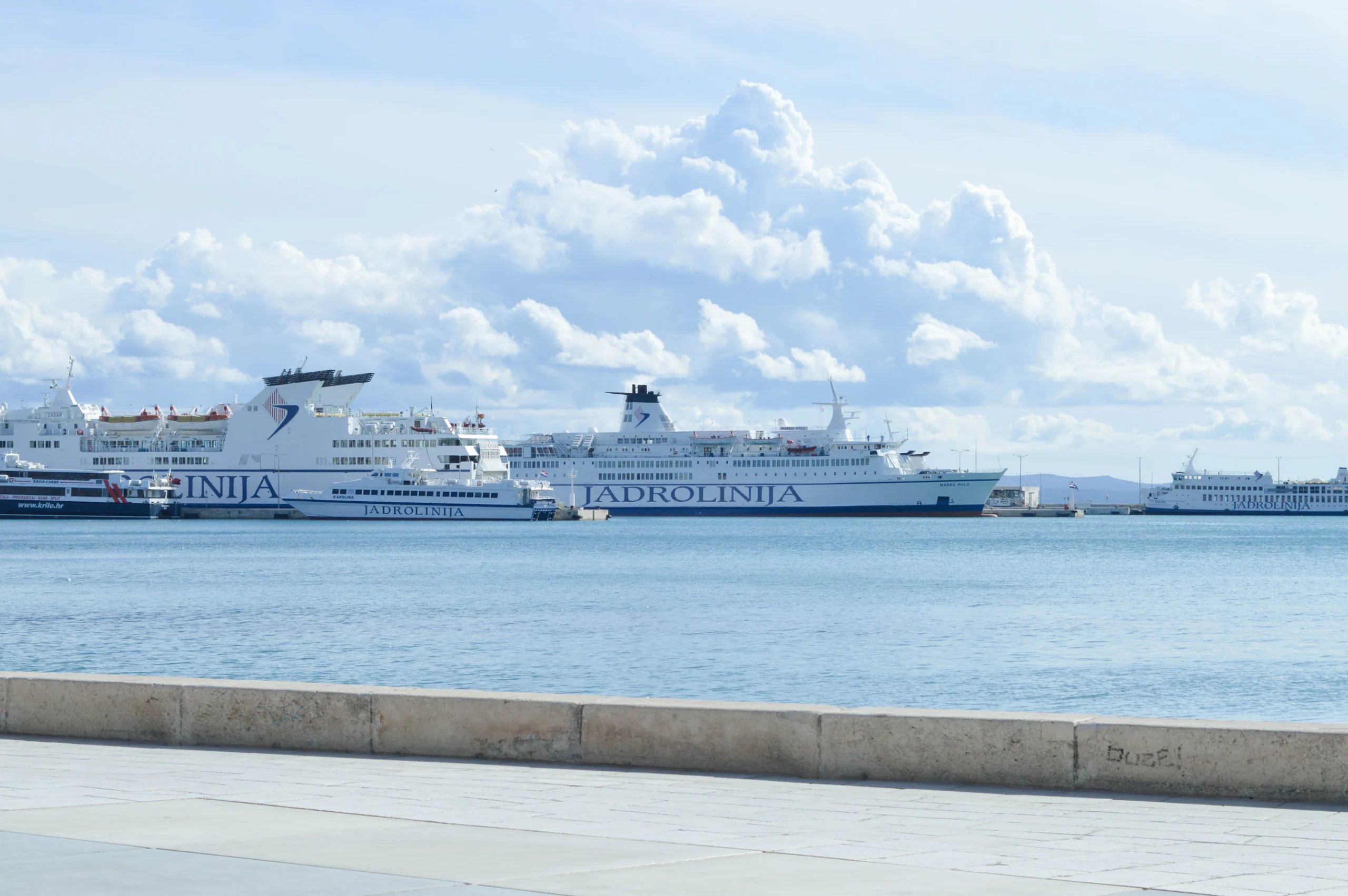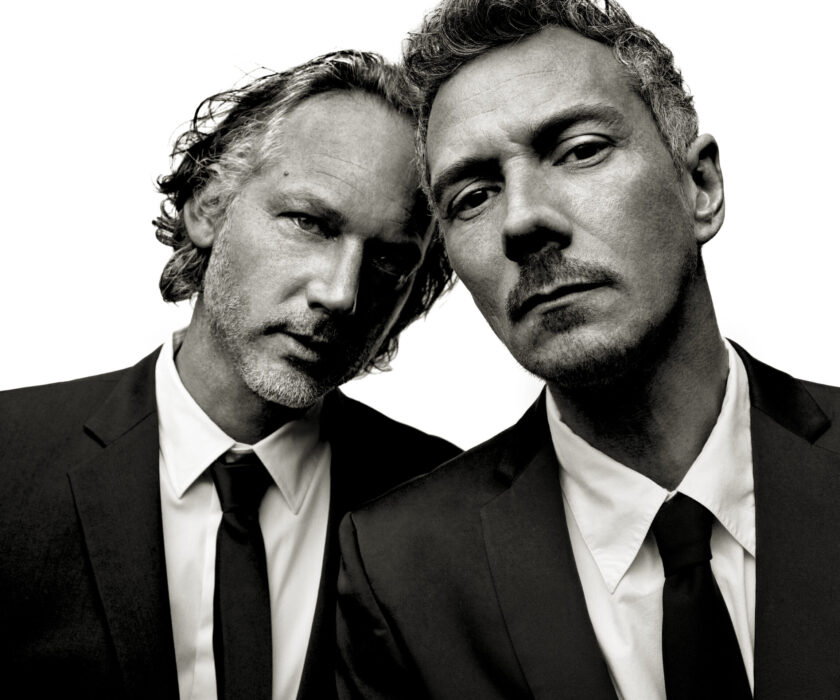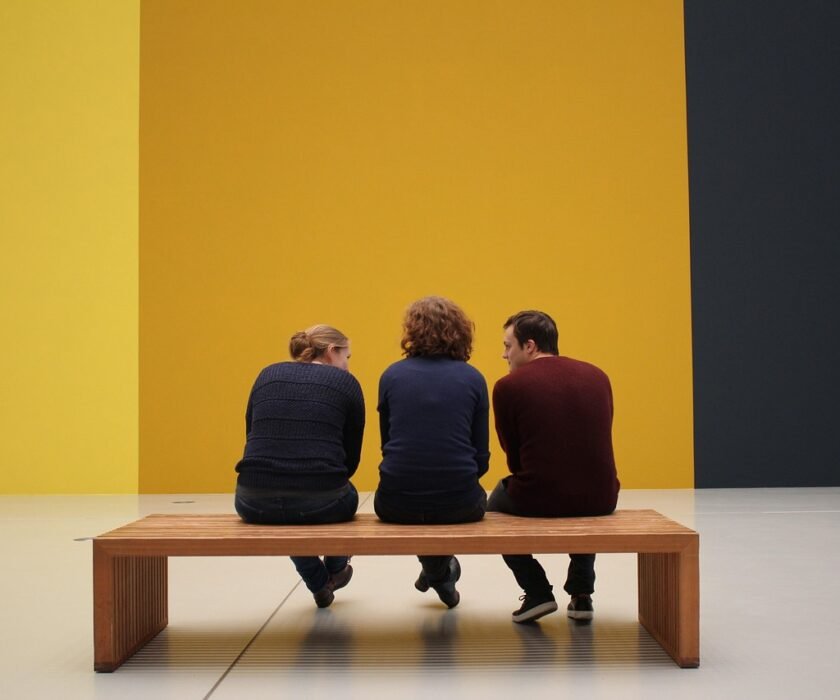With its breathtaking coastlines, historic cities, and vibrant festival scene, Croatia offers a unique blend of cultural richness and modern entertainment. This guide is designed to help first-time visitors navigate the exciting world of Croatian music festivals, providing essential tips on weather, travel, accommodation, health, and safety.
WEATHER & CLIMATE
Croatia’s coastal regions have a Mediterranean climate, making it an ideal location for summer festivals. Here are some key points to keep in mind:
- Summer Temperatures: Expect daytime temperatures to range from 25°C to 35°C (77°F to 95°F). Nights can be cooler but generally remain warm.
- Sun Protection: With abundant sunshine, ensure you pack sunscreen, sunglasses, and a hat to protect against UV rays.
- Hydration: The heat can be intense, especially during daytime events. Carry a reusable water bottle to stay hydrated.
TRAVEL & TRANSPORT
Getting There / All airports have frequent flights from major European cities. Booking flights early can help secure the best rates.
- The largest airport in Croatia is Airport “Franjo Tuđman” in Zagreb, providing numerous international connections.
- The main international airports for the seaside are Split (SPU) and Zadar (ZAD). Split Airport is particularly convenient for festivals in Split and Tisno, while Zadar Airport is closer to Pag Island and Zrce Beach.
- Dubrovnik Airport (DBV) is convenient for exploring southern Dalmatia, including Dubrovnik and its surroundings.
- Pula Airport (PUY) is ideal for those attending events in Istria, such as Pula and Rovinj.
Local Transport
- Buses and Taxis: Croatia has an efficient bus network connecting major cities and towns. Taxis and rideshare services like Uber are also available in urban areas.
- Car Rentals: Renting a car can offer greater flexibility for exploring different festival locations and nearby attractions.
- Ferries: For island-hopping and coastal travel, ferries are a scenic and practical option. Jadrolinija is the main ferry service provider.

ACCOMMODATION
- Hotels and Hostels: A wide range is available, from budget hostels to luxury hotels. Booking in advance is crucial, especially during the festival season.
- Apartments and Villas: Renting an apartment or villa can be a cost-effective and comfortable option, especially for groups.
- Glamping and Camping: Many festival sites offer glamping (glamorous camping) options, providing a blend of comfort and nature.
Accommodations fill up quickly during festivals. Early booking ensures better rates and availability. Also, choose accommodations close to festival sites to minimize travel time and transportation costs.
HEALTH & SAFETY
General Tips
To ensure a safe and enjoyable experience, remember to stay hydrated by drinking plenty of water, especially if you’re consuming alcohol. Stick to reputable food vendors and embrace the opportunity to try local cuisine for the best food safety practices. Additionally, prioritize your personal safety by keeping your belongings secure and remaining aware of your surroundings at all times.
Medical Services
Croatia boasts excellent healthcare services, so you can feel confident in the medical care available if needed. In case of emergencies, you can dial 112 for immediate assistance. Additionally, it is wise to consider comprehensive travel insurance that covers health issues, accidents, and trip cancellations, providing peace of mind during your travels. Make sure your insurance includes coverage for any activities you plan to participate in, such as water sports or hiking, and keep a copy of your policy details and emergency contacts handy at all times.
LOCAL CULTURE & ETIQUETTE
When visiting Croatia, it’s important to respect local culture and etiquette. The official language is Croatian, but you’ll find that English is widely spoken in tourist areas, making communication easier. Be mindful of local laws and customs; for instance, public intoxication and drug use are illegal. Additionally, it’s courteous to dress modestly when visiting religious sites and to greet locals with a friendly “Dobar dan” (Good day). Showing respect for the local culture not only enhances your experience but also fosters positive interactions with the residents.



